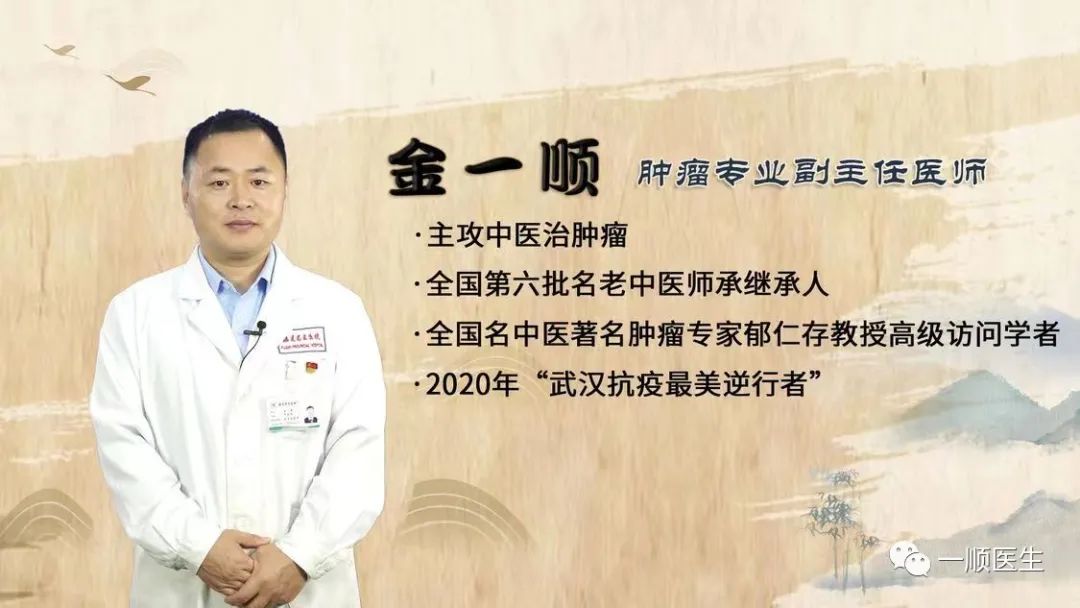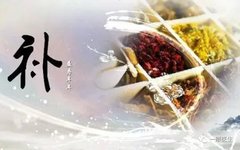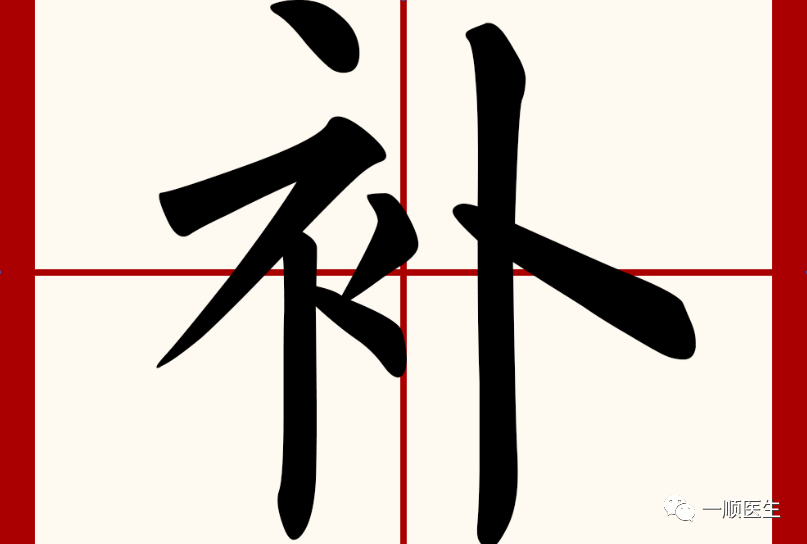
Cancer is a serious illness, and patients often require various treatment methods to combat the disease. During treatment, alongside chemotherapy and medication, cancer patients frequently experience symptoms of indigestion, such as bloating, acid reflux, and nausea. These symptoms are related to dysfunction of the gastrointestinal tract. Many patients feel “deficient” and thus self-prescribe “tonics,” but sometimes they end up with the exact opposite result, exacerbating bloating and leading to decreased appetite. This means that while simply tonifying Qi may improve the symptoms of Qi deficiency to some extent, it may not effectively resolve the issue of indigestion for many patients with Spleen and Stomach Qi stagnation, and may even worsen bloating, resulting in a lack of appetite.
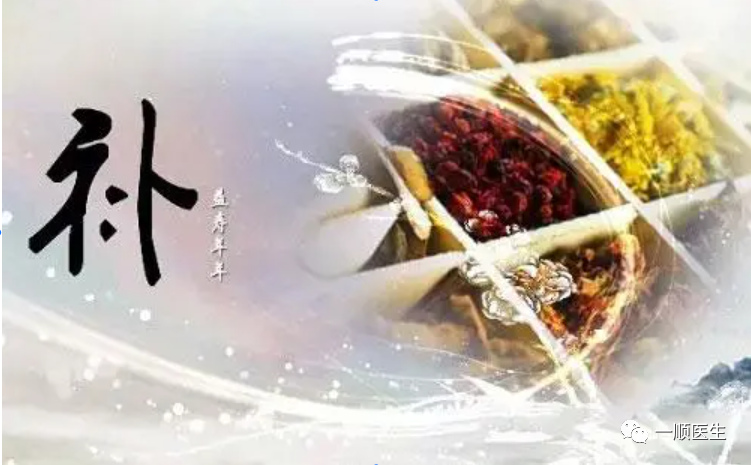
First, let’s understand why the sole use of Qi-boosting herbs can lead to bloating and decreased appetite. In TCM theory, Qi and the Spleen-Stomach are inseparable. Qi is an important concept in TCM, being one of the fundamental substances of the human body, crucial for normal bodily functions. The Spleen and Stomach are vital organs in the digestive process, responsible for transforming food into nutrients and converting the Qi and blood from food into the energy and substances needed by the body. When a patient has cancer, the body’s Qi and blood are often affected, leading to symptoms such as Qi deficiency and blood stasis. To treat these symptoms, doctors may prescribe some Qi-boosting Chinese herbs. These herbs can help patients restore their Qi and blood, enhance immunity, and thus strengthen the body’s ability to resist cancer, often yielding good results. In TCM, there is also an important concept called “Qi stagnation.” Qi stagnation refers to the internal blockage of Qi and blood, preventing smooth circulation throughout the body, which can lead to various diseases. The stomach is one of the primary sites for Qi stagnation; when the stomach Qi is stagnant, it can cause symptoms such as fullness and decreased appetite, corresponding to the symptoms exhibited by the sole use of Qi-boosting herbs. Cancer patients with Qi deficiency often do not simply have deficiency; they frequently also have Qi stagnation. If Qi-boosting herbs are used alone, gastrointestinal issues can easily arise. This is because while Qi is being replenished, the stagnation prevents it from flowing, often leading to discomfort in the gastrointestinal tract, resulting in bloating and decreased appetite.
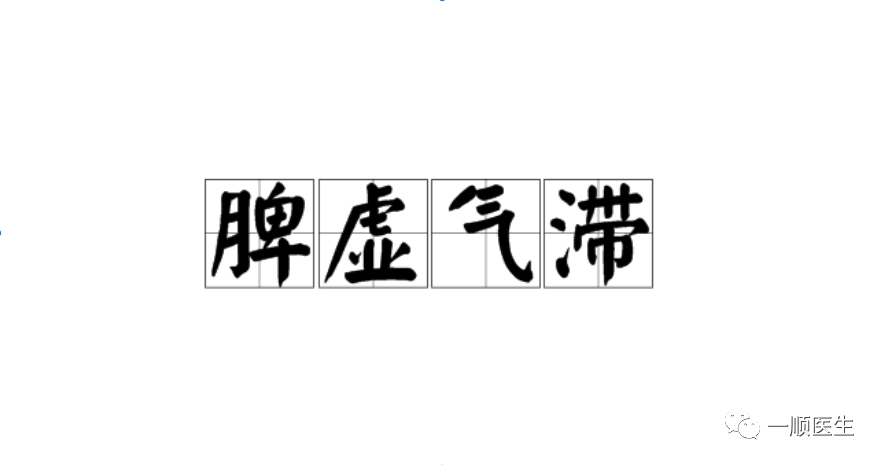
So, how can patients avoid these issues? First, they should use a reasonable combination of medications based on their specific conditions. By rationally combining herbs and incorporating other Chinese herbs, different properties of the herbs can be balanced to achieve a synergistic effect. For example, if a patient has dampness obstructing the movement of Qi, some damp-resolving herbs such as Fu Ling (Poria), Ze Xie (Alisma), Shi Chang Pu (Acorus), and Zhu Ru (Bamboo Shavings) can be added to Qi-boosting herbs. These herbs can help patients expel dampness from the body and promote gastrointestinal motility, thereby alleviating bloating and decreased appetite. Secondly, we can consider employing multiple treatment methods; dietary therapy plays a major supportive role in TCM cancer treatment. Additionally, on the basis of tonifying the Spleen and Qi, appropriate use of digestive and stomach-regulating herbs can enhance the effects of Qi-boosting herbs while alleviating potential side effects. At this point, I often use a formula commonly employed by renowned TCM physician Professor Yu Rencun, the Tiao Wei Decoction (Jiao San Xian, Nei Jin, Sha Ren), which often yields better results.
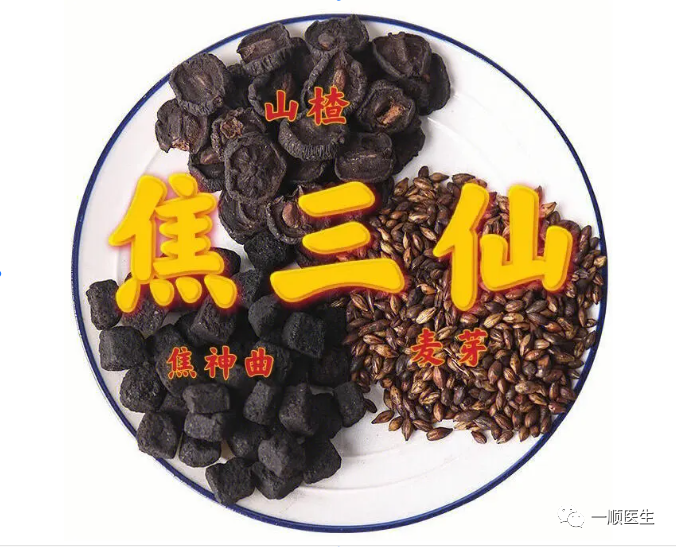
At the same time, patients should also pay attention to dietary adjustments, adhering to the principles of “light, easily digestible, and nutritionally balanced” foods, and try to avoid spicy, greasy, and cold foods to prevent adding to the burden on the gastrointestinal tract. Furthermore, when cooking cold foods, they can appropriately use warming spices such as Ginger, Cinnamon, Huajiao (Sichuan Pepper), and Star Anise to alleviate the cold nature of the food, while also helping to warm the body and promote smooth Qi and blood flow, thereby alleviating symptoms of indigestion. In addition, other treatment methods such as acupuncture, massage, and Qigong can be combined; moderate exercise, such as walking or practicing Tai Chi, can also be beneficial. These methods can help patients regulate their Qi and blood, enhance the body’s self-healing ability, and better cope with the disease, aiding in the restoration of health.In summary, TCM treatment for cancer requires a comprehensive approach, combining medications rather than relying solely on Qi-boosting methods. Treatment plans should be tailored to the specific conditions of the patient, with individualized adjustments based on their condition. Additionally, patients should pay attention to dietary habits and maintain a positive mood, as dietary regulation is essential for effectively alleviating symptoms of indigestion, achieving better treatment outcomes, and improving the quality of life for patients.
